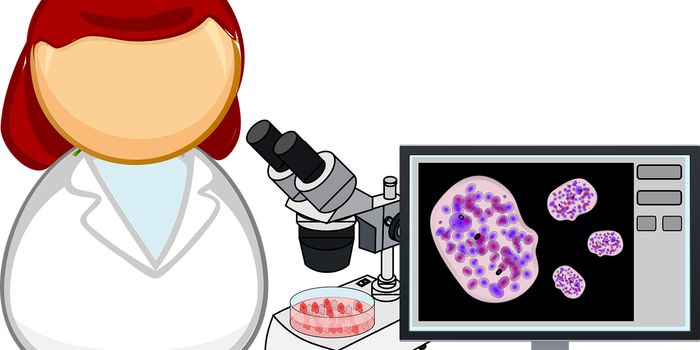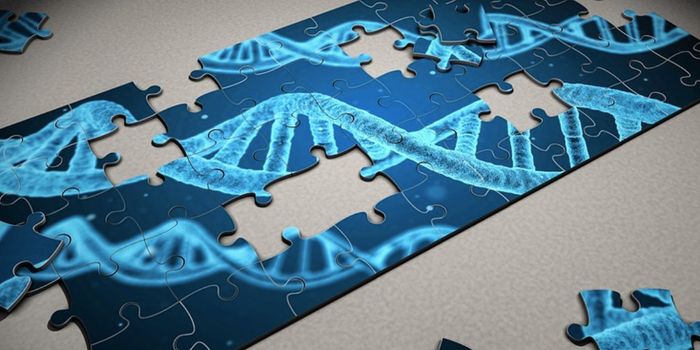A group of immune-related genes could predict survival for patients battling with a brain cancer type known as glioblastoma multiforme (GBM). The
research identified 8 genes that seemed to modulate the prognosis of the disease. Researchers think knowing this genetic profile could guide doctors in making more informed treatment for their GMB patients.
Glioblastoma (GBM) is the most common and deadly form of primary brain cancer. In GBM, malignant glial cells form vast networks of tendrils throughout the brain, making it nearly impossible to surgically remove all the cancerous tissues. Dubbed as the “octopus tumor,” GBMs can evade even the most aggressive surgeries, chemotherapies, and radiotherapies, leaving patients with a five-year survival rate of less than 10%.
“We’ve had luck with other types of cancer in removing the brakes on the immune system to allow it to fight the tumors, but this has not been the case with glioblastoma,” said Anhua Wu, professor at the First Hospital of China Medical University in Shenyang, China, and senior study author. “If our discovery of these genes is validated in other studies, we could use this ‘gene signature’ to determine the best treatments or path of treatment.”
In the quest to identify the gene(s) involved with GBM survival, the team analyzed tumor samples fro 297patients with brain cancer. The patients were separated into those with low-grade glioma (170) and those with high-grade glioblastoma (127). Using genome sequencing, they found 322 genes that were related to the immune system. Of this, eight seemed to influence survival outcome. The eight genes were:
FOXO3, IL6, IL10, ZBTB16, CCL18, AIMP1, FCGR2B, and
MMP9.
From the list of eight genes, the team developed a signature profile that could classify patients as high- or low-risk. High-risk patients survived, on average, 348 days after diagnosis. This 145 days less than the low-risk patients, who survived an average of 493 days after diagnosis.
The same eight-gene signature was also validated in a larger sample of 536 glioblastoma samples. In addition, the prognostic value of these eight genes could also be extended to other forms of gliomas.
“The looming question in brain cancer research today is whether the launch of immunotherapy will help control an uncontrollable disease,” said Rifaat Bashir, a retired neurologist in Virginia and a Fellow of the American Academy of Neurology and the American Neurological Association. Bashir wrote an accompanying editorial, in which he stated: “While this study does not answer this question, it brings us one step closer to believing that one day we will be able to exploit the immune system to better treat glioblastoma.”
Additional source:
American Academy of Neurology press release









